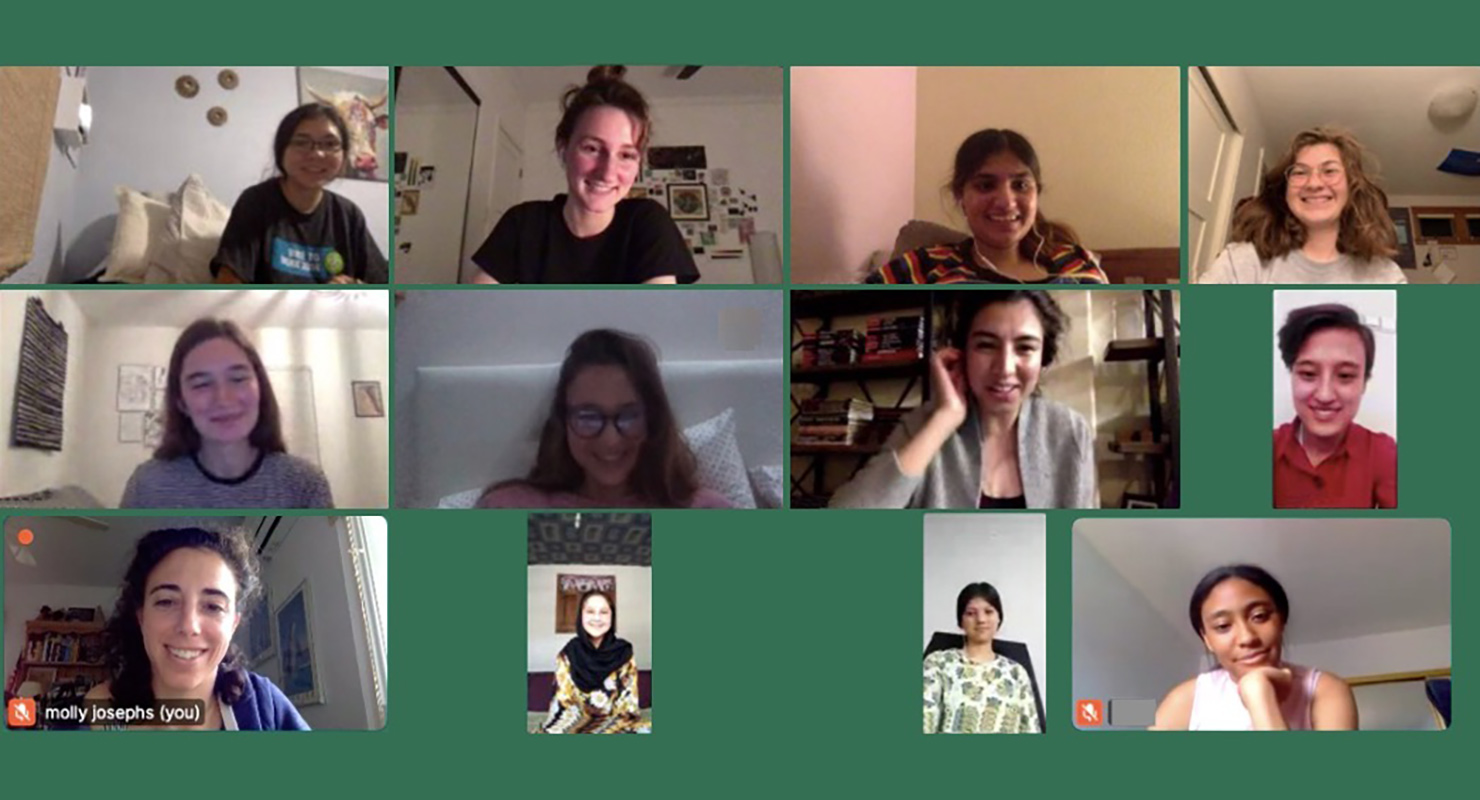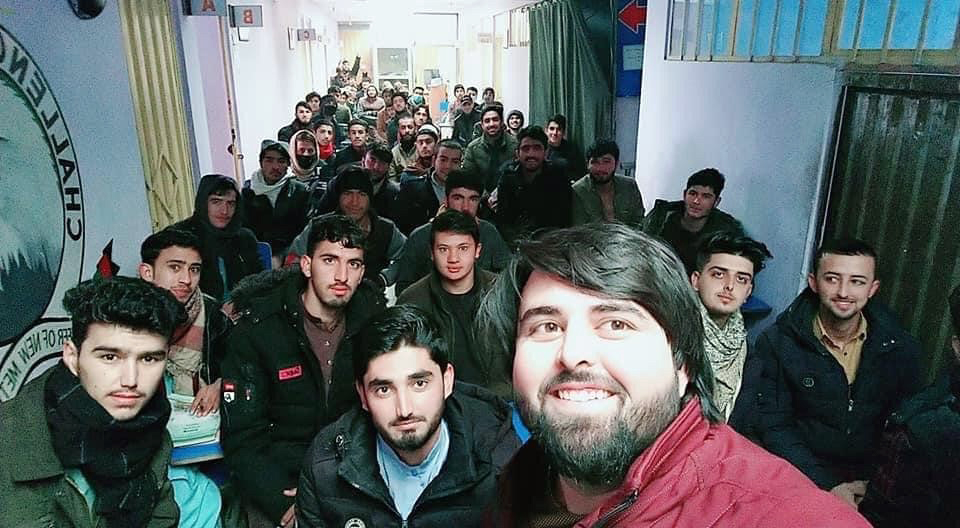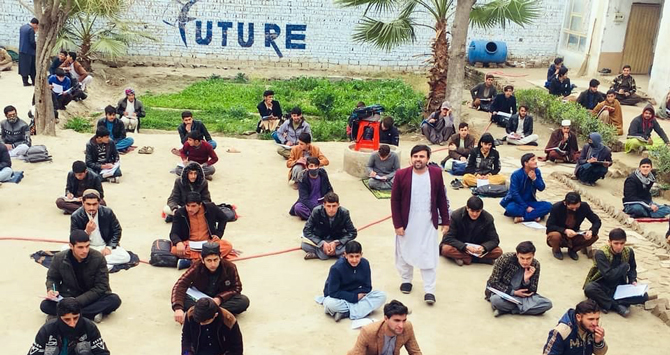BATH, MAINE | The Seeds of Peace Camp, known for bringing together young people from conflict regions, has relocated Bath this summer.
The Camp convened 84 teenage campers from the Middle East (Israel, Palestine, Egypt, Jordan), South Asia (India and Pakistan), the United Kingdom, and the United States to take part in dialogue and leadership programs that inspire and equip them to work in solidarity across lines of difference to create more just and inclusive societies.
The two-week program, which ran July 8-22, was hosted in Bath for the first time. Over the past three decades, the Camp has been held primarily in Otisfield on the grounds of the former Camp Powhatan, which is closed for renovations. The plan for the Camp to be hosted outside Las Vegas, New Mexico, was scrapped a week before it was scheduled to begin after flooding contaminated the region’s drinking water.
“We are incredibly grateful to the leadership at Hyde School, particularly Laura Gauld, Tom Bragg, and Rich Truluck, and their staff, for their generosity in hosting us this summer,” said Seeds of Peace Camp Director Tim Wilson. “The entire school welcomed our campers with open arms, as did the wider community of Bath. We couldn’t have landed in a better location.”
This summer marks the 31st anniversary of Seeds of Peace, which has graduated over 8,000 young people who are uniquely positioned to lead change.




 Last year, when MJ Rosenberg ’72 attended a conference for the pro-peace, pro-Israel lobby group J Street in Washington, he expected to mingle among upper-middle-class politicians and peacemakers from the United States and diplomatic officials from the Middle East. Instead, Rosenberg spent time with someone who was neither an American nor a diplomatic official. Rosenberg forged a relationship with Yousef Bashir, a 20-year-old Palestinian who had been shot by an Israeli soldier at the age of 15 and was the only person at the conference from Gaza.
Last year, when MJ Rosenberg ’72 attended a conference for the pro-peace, pro-Israel lobby group J Street in Washington, he expected to mingle among upper-middle-class politicians and peacemakers from the United States and diplomatic officials from the Middle East. Instead, Rosenberg spent time with someone who was neither an American nor a diplomatic official. Rosenberg forged a relationship with Yousef Bashir, a 20-year-old Palestinian who had been shot by an Israeli soldier at the age of 15 and was the only person at the conference from Gaza. In summer 2005, Bashir attended the camp with 12 other teenagers from Gaza.
In summer 2005, Bashir attended the camp with 12 other teenagers from Gaza.

 JERUSALEM | This new publication from Seeds of Peace is a resource for classroom educators who actively promote mutual respect, cross-cultural understanding, communication, civic engagement, leadership and peace.
JERUSALEM | This new publication from Seeds of Peace is a resource for classroom educators who actively promote mutual respect, cross-cultural understanding, communication, civic engagement, leadership and peace.